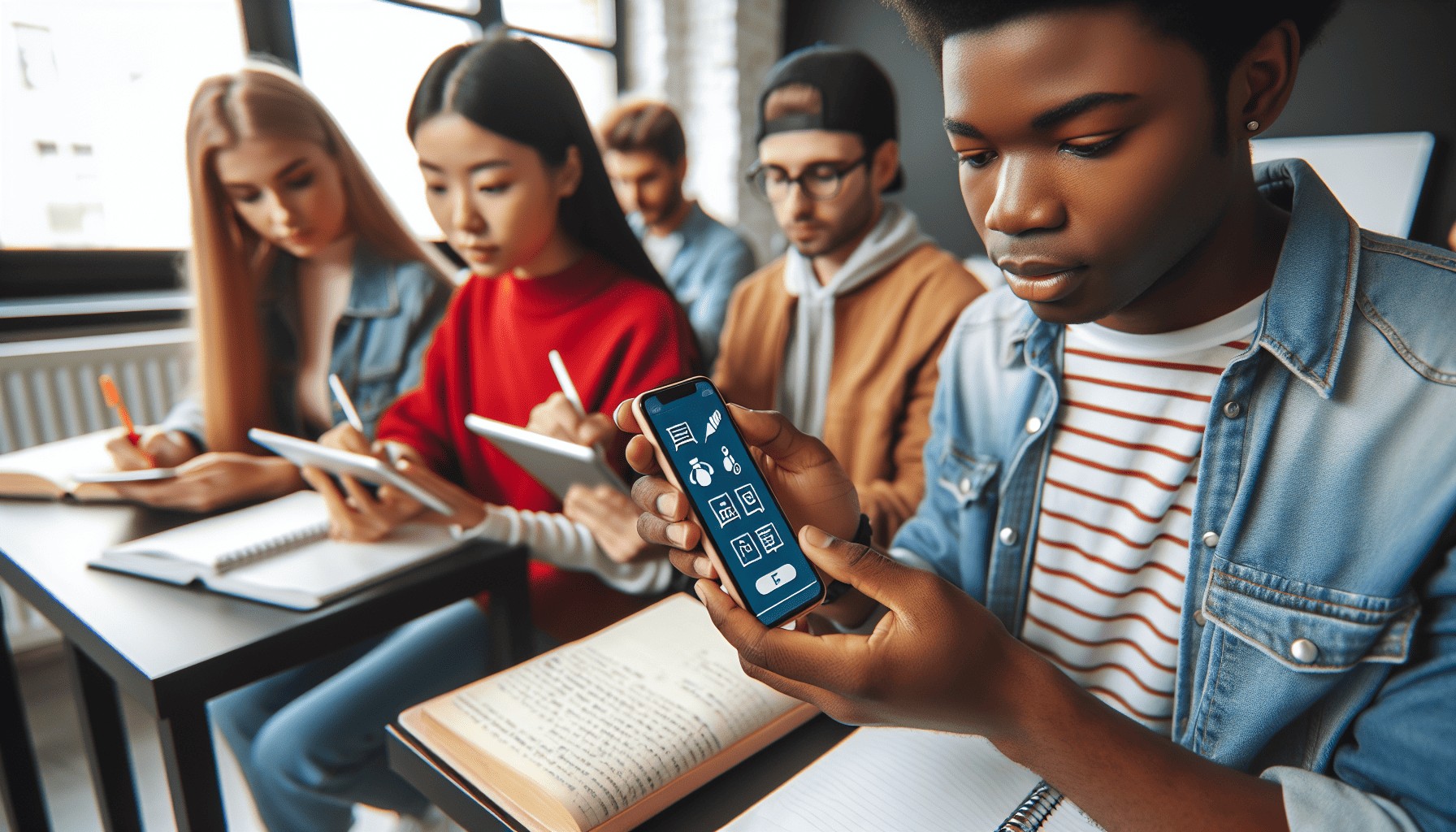In recent years, Australia has become a hub for innovative educational practices, particularly in the field of language learning. As the world becomes increasingly interconnected, the ability to communicate in multiple languages is more valuable than ever. To meet the diverse needs of students in this linguistic arena, Australian educators are turning to mobile technology to transform traditional language learning practices. These initiatives not only enhance the learning experience but also address the unique challenges faced by Australia’s multicultural student population.
One of the key innovations in this domain is the development of mobile applications specifically designed for language learning. These apps cater to a wide range of languages, including those that may not be frequently taught in formal educational settings, such as Indigenous Australian languages. By providing access to structured lessons, interactive games, and real-time feedback, students can engage in self-paced learning, allowing them to practice and improve their language skills outside the traditional classroom environment.
A notable example of this is the "Say Hello" app, which has been embraced by schools across Australia. The app offers a rich repository of vocabulary and phrases in various languages, with a particular focus on supporting students whose first language is not English. Through the app's interactive features, students can conduct language exchange sessions with native speakers, engage in virtual role-playing scenarios, and receive instant pronunciation tips, which greatly enhance their oral and aural skills.
Moreover, mobile technology enables collaborative learning experiences. Platforms such as language exchange networks and social media groups allow students to connect with peers globally, fostering an engaging environment where they can practice languages in real-life contexts. This kind of exposure to native speakers and cultural nuances cannot be replicated solely through textbooks or in-class exercises. By facilitating these connections, students gain confidence in their linguistic abilities and acquire cultural insights, making language learning a more holistic experience.
In addition to promoting self-directed learning and providing platforms for global interaction, mobile technology also offers personalized learning experiences that cater to individual student needs. Through adaptive learning technologies, apps can track a student's progress and customize content to address specific areas of difficulty. This data-driven approach ensures that learners receive targeted support, which can significantly improve language acquisition efficiency.
The use of mobile technology in language education in Australia is also bridging the gap for Indigenous languages that are at risk of being lost. Dedicated mobile platforms are being developed to revitalize and preserve these languages by making them accessible to younger generations. These platforms often include language games, storytelling activities, and audio recordings from native speakers, ensuring that cultural stories and nuances are effectively passed down.
However, the integration of mobile technology in language learning is not without its challenges. Ensuring equitable access to devices and the internet, maintaining student engagement, and safeguarding privacy are critical issues that educators must address. By working in collaboration with technology developers and policymakers, effective strategies can be implemented to overcome these barriers.
In conclusion, mobile technology has heralded a new era for language learning programs in Australia, offering innovative solutions to enhance educational outcomes for diverse student populations. By leveraging these digital tools, educators are not only improving language proficiency but also fostering a more inclusive and culturally aware student body. As these programs continue to evolve, they hold the promise of not only transforming language education in Australia but also setting a precedent for similar initiatives worldwide.
